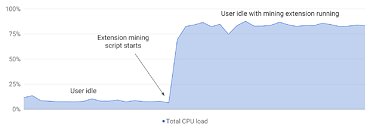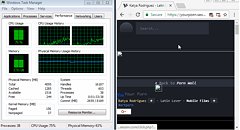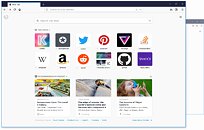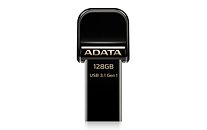
Microsoft Launches Chromium-based Edge Browser
Microsoft has released the first public version of their Chromium-based rendition of Edge. Remember that Microsoft announced back in December of last year that they would be ceasing development efforts on their own browser back-end, and would instead be adopting the Chromium open-source coding - which powers the ubiquitous, 65% market share-earning Google Chrome. The plan is to streamline development efforts, reduce web development fragmentation, and contribute to a more open internet by building and contributing towards the Chromium project.
Now, users can take a look at the Chromium-powered version of Edge (yes, it did keep the Edge branding). The Chromium-based Edge release is nowhere near completion - MIcrosoft is instead using flighting programs, like it is doing with most of its products now, to aid in the development of features and bug correction - having a global Q&A is much better than having a dedicated team in-house, after all. This is being done via Canary and Developer builds of the Edge browser, where Canary are available daily, and follow the development flow of the browser at is being developed, or via weekly Developer builds, which should bring more impactful performance and feature upgrades - along with some added stability.
Now, users can take a look at the Chromium-powered version of Edge (yes, it did keep the Edge branding). The Chromium-based Edge release is nowhere near completion - MIcrosoft is instead using flighting programs, like it is doing with most of its products now, to aid in the development of features and bug correction - having a global Q&A is much better than having a dedicated team in-house, after all. This is being done via Canary and Developer builds of the Edge browser, where Canary are available daily, and follow the development flow of the browser at is being developed, or via weekly Developer builds, which should bring more impactful performance and feature upgrades - along with some added stability.

























































